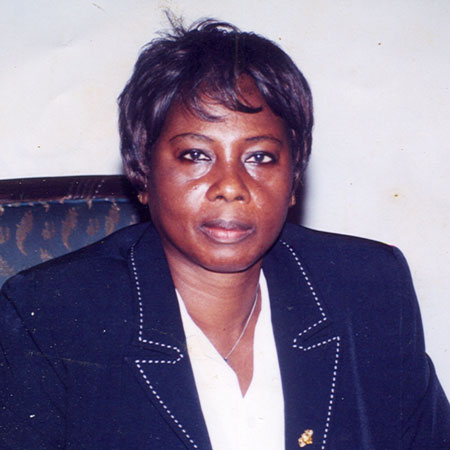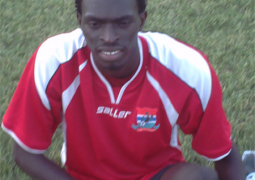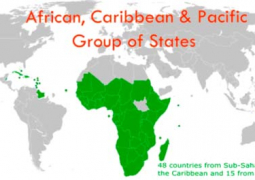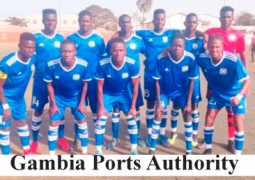
The promotion of human rights, women and girls in particular, and advocating for law reforms on female genital mutilation are gaining momentum as local government authorities in the Kanifing municipality, who attended a forum on the prevention of gender based violence and the promotion of women’s rights, have reached consensus that FGM should be eradicated in The Gambia.
According to officials, this project, known as women for action project, is being supported by the US Embassy.
Commenced in 2010, the project focuses on two critical areas such as gender-based violence and women’s human rights.
It is aimed at promoting and advocating for legal reform on the eradication of FGM, as well as invoking a national sensitization campaign for civil society.
Dr Isatou Touray, executive director of Gamcotrap, speaking at the forum held at the Kanifing Municipal conference hall on T6 September 2011, said: “This project aims at empowering local authorities and circumcisers to advocate and influence legislation against FGM and other forms of violence, thus promoting positive traditional practice and strengthening youth networks to campaign against any form of violence and discrimination against women and girls at community level.”
According to her, the most recent trends regarding the advocacy to eliminate FGM on the continent is gaining momentum, as 19 out of 28 countries have legislated against FGM and only nine countries are yet to do so in Africa.
Dr Touray said The Gambia is among the remaining countries to come up with specific legislation. “Gamcotrap saw the need for a law against FGM, and communities including the security forces were also calling for a law to protect vulnerable girls,” Dr Touray said.
She further pointed out that Gamcotrap as the leading NGO working on FGM has taken it upon itself to come up with a draft proposed law to be submitted to the appropriate government body for consideration, adding that the proposed draft law is being subjected to series of consultation at community and individual levels while all the suggestions are compiled for the Gambia government.
“This forum today, serve as an avenue in shaping the lives of people to grasp a better understanding of issues affecting women, legitimised by discourse around the sexuality of women.,” she remarked.
The issues, she noted, are FGM and culture dynamics trends and changes, child protection, women rights and gender-based violence, religious perspective on FGM, effects of FGM on sexual and reproductive health of women and girls among others.
Dr Touray added: “This training is crucial since it involves exchange of ideas and experience with the local government authority that has a long working relationship with the local people.
It is also envisaged that after been exposed to the modules, participants would join others to protect women and girls from harmful traditional practices and all other forms of discrimination.”
Highlighting some of the progress made by Gamcotrap, Dr Touray revealed that the association has, through grassroots activism, reached out to various target groups across the country.
This, she added, has resulted into the dropping of the knife at various events held in 2007, 2009 and 2011 across the country.
“This shows that when people are empowered with the right information, change is possible despite the sensitivity of some of the issues,” she averred.
For her part, Amie Bojang Sissoho, programme officer of Gamcotrap, stated that the charter of the UN reaffirms faith in fundamental human rights in dignity and equal rights for all.
She added that resolutions, declarations and recommendations adopted by the UN and other specialised agencies promote equal right of all.
The eradication of all forms of discrimination of women is essential to the enjoyment of the rights of both men and women, Mrs Bojang says
“This is in accordance with the principles proclaimed in the charter of the UN, which recognizes the dignity, equality of all and alienable rights of all,” she said.
Other speakers at the forum included Mary Small, who dealt with the aspect of reproductive health, showcasing some of the health implications on the effects of harmful traditional practices.
Imam Baba Leigh and Oustass Sanuwo, both religious scholars, deliberated on the Islamic perspective of FGM, saying, “It is not a religious obligation to practise FGM.”
Read Other Articles In Article (Archive)
Premier Games to sponsor 2014 Super Nawetan
Nov 6, 2014, 12:00 PM




